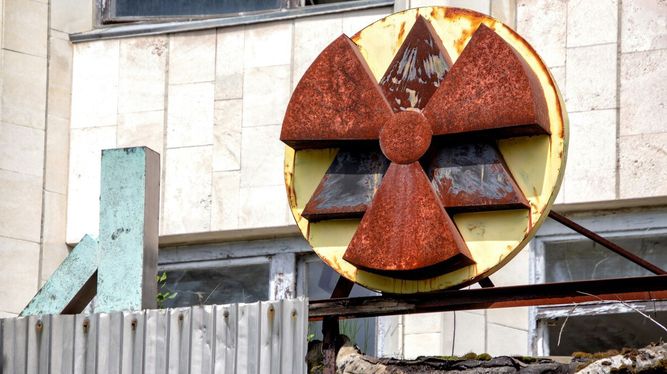The future of AI, cloud data management, and other energy-hungry tech sectors is now shifting towards nuclear power plants. Microsoft is already negotiating the reopening of a U.S. nuclear plant to meet its growing energy demands, and it’s not the only company heading in that direction.
The rapidly evolving world of artificial intelligence, cloud computing, and other energy-heavy industries is now looking to an old but reliable solution: nuclear power. Microsoft, one of the world’s most valuable companies, is in talks to reopen a nuclear plant in the United States, aiming to satisfy its massive technology-driven energy needs. And it’s not alone—other major players like Amazon and Google are also exploring similar paths.
According to a report by Ars Technica, Amazon has announced three new deals to develop small modular nuclear reactors. This move mirrors Google’s recent shift towards carbon-free energy sources. Unlike traditional large-scale nuclear plants, these reactors are smaller and more efficient, making them a perfect fit for tech companies seeking to meet ambitious climate goals. Amazon’s newly signed agreements will be effective within the next decade.
Up to 960 MW of Power Could Be Generated
The deal Amazon has signed includes a provision to expand its reactor capacity to 12 modules, potentially generating up to 960 MW. This is enough energy to power around 770,000 U.S. homes, demonstrating just how impactful this initiative could be. Amazon, together with its partner X-energy, plans to develop over 5,000 MW of SMR (Small Modular Reactor) projects by 2039, which would mark the largest commercial implementation of such reactors to date.
For tech giants, nuclear power presents a highly attractive alternative. Unlike renewable energy sources like solar and wind, nuclear power can provide consistent electricity output, no matter the time of day or weather conditions. However, these projects still face regulatory hurdles and economic challenges. Despite its potential, nuclear energy continues to encounter resistance over environmental and health concerns, particularly regarding uranium mining and radioactive waste management.
Source: Ars Technica
















Leave a Reply